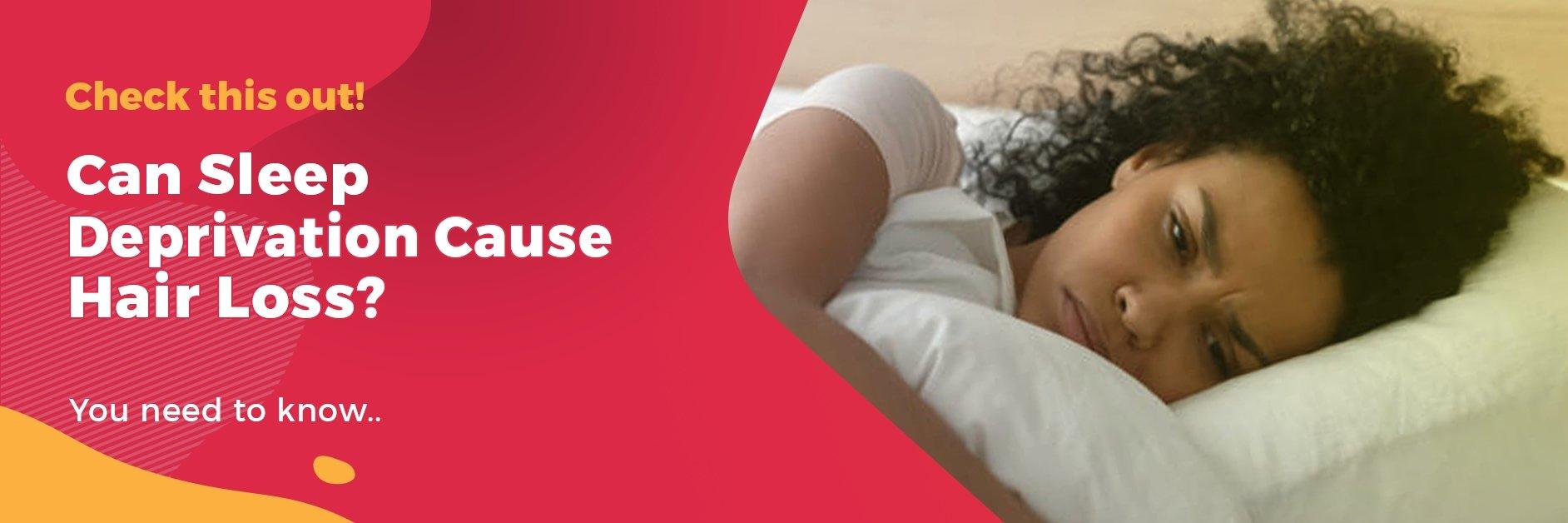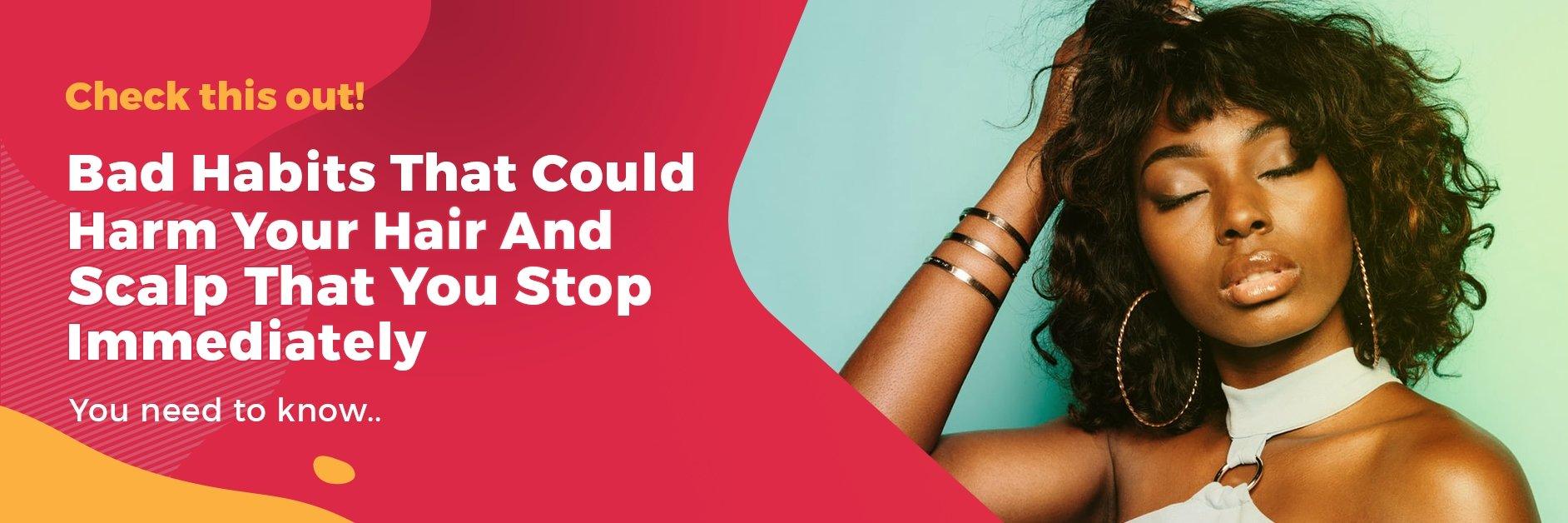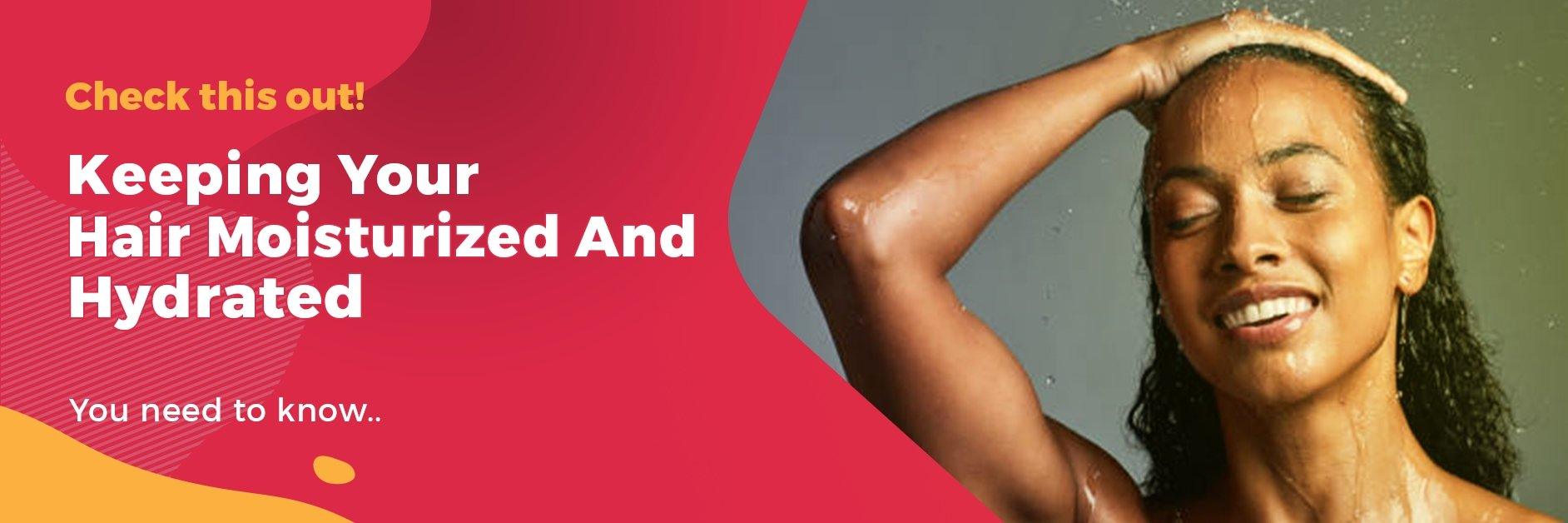
Can Sleep Deprivation Cause Hair Loss?
Sleep is something many of us take for granted. But if you dig in a little deeper, you’ll discover that sleep is not just a period of rest. Not getting enough sleep releases the stress hormone cortisone, a hormone that is responsible to control and regulate moods and emotions . Sleep is restorative, When we sleep, our bodies and brains kick into gear. Tissues repair themselves, the brain dumps toxins, and memories are consolidated. If we don’t get enough sleep, our immune systems become weak, and we can’t absorb nutrients as well. Even our hair starts falling out. Chronic sleep deprivation places our bodies under a lot of stress, which manifests in many ways including hair loss.
 Sleep Deprivation and Stress is there any connection?
Sleep Deprivation and Stress is there any connection?
Stress is also often a contributing factor to hair loss. Insufficient sleep increases the level of stress in your body, and scalp tension. While you sleep soundly, your body undergoes many cycles necessary to promote the activity of the stem cells. In case you didn’t know before, the stem cell activity is vital for generating the epithelial cells that boost hair growth.
The American Journal of Pathology published research that proved the connection between the hair growth process and the level of stress. Prolonged levels of stress have the power to affect your skin and its capacity to function efficiently. This inefficiency, in turn, harms the vulnerable hair follicle. Also, they explored the connection between stress and the hair follicle. Their study suggested that the cycle of hair growth would be disrupted because the adult stem cells responsible for the hair growth process depend on the internal circadian clock to activate. If this is true, then it’s as if your hair doesn’t know what to do because you’re not getting enough sleep. Your hair’s as foggy as your brain on four hours of sleep a night.
The same study highlights that your hair growth process benefits when you release cytokines, neurotransmitters, and hormones during a stress response.
Your adult stem cells need the internal circadian clock to perform actively. This activity, in turn, orchestrates the proliferation of your hair growth cycle.

Worst Case Scenario - Lack of sleep can cause Alopecia Areata?
Telogen effluvium is another potential threat of an irregular sleeping pattern. This condition results from the emotional and physical stress you suffer when you do not sleep well regularly.
A regulated sleeping pattern, aimed at reducing the fluctuations in the quantity and quality of sleep, is the best way to keep stress levels down and avoid the onset of hair loss. Hair loss is typically not permanent due to lack of sleep but again if not treated it may cause more serious problems such as Alopecia Areata.
Alopecia Areata (AA) is an autoimmune disease that specifically targets hair follicles resulting in severe hair loss at a premature age. This disease affects both men and women of all ages, negatively impacting their health and their quality of life.
Alopecia Areata primarily affects the scalp, but in some cases may also have an impact on eyebrows, beard, and other hairy parts of the body. The shedding of hair usually starts in the form of patches, which in time extend to the whole scalp, predisposing the individual to early balding. Also (AA) raises their risk of developing psychological and psychiatric complications.
A 2018 study conducted on the Korean population has shown that patients under the age of 45 who suffered from low quality sleep, had a higher risk of acquiring AA. In addition, these individuals were stated to be more prone to developing other comorbid conditions due to dysfunctional sleeping patterns, such as autoimmune thyroiditis, vitiligo, rheumatoid arthritis, and solid-organ neoplasia.
A previous research conducted in Taiwan in 2015 focused instead on individuals with sleep disorders, which also found that patients with disturbed sleeping patterns had a higher risk of developing autoimmune conditions such as Alopecia Areata.
How to prevent it:
- Have a healthy sleep pattern; making sure that you're getting a decent amount of hours of sleep every night. Sleeping hours vary from adult to adult, however it's recommended that 7-9 hours a night is what's needed for your brain to properly function and stimulate hair growth. A healthy sleep pattern also refers to the conditions of sleep you have. Making sure your mattress is a little firmer, your pillow gives your neck the right support and you don't get interrupted sleep.
- Exercise Daily; by getting a little more active than usual, your body gets tired and it's overall easier to get a nice fresh sleep. Not to mention exercise gets your body and blood pumping, which is amazing for hair growth stimulation! Walking for 20-30 mins a day is always a healthy start!
- Eat healthy; we need to be eating good food to fuel our bodies and in return our bodies will love us back. Some of the BEST foods for hair growth are; eggs, sweet potatoes, nuts, spinach, avocados and protein meats. Eating regularly 3-4 times daily, and not going to bed hungry, will help aid in hair growth.
- Establish healthy hair care; establishing a good hair care routine with good products will nourish your hair and keep it healthy. We recommend using a hair serum regularly to hydrate your ends and give your hair the love and nutrients it needs to grow!
If you need help with your hair growth, please send us an email we are here to help!



Laisser un commentaire
Ce site est protégé par hCaptcha, et la Politique de confidentialité et les Conditions de service de hCaptcha s’appliquent.